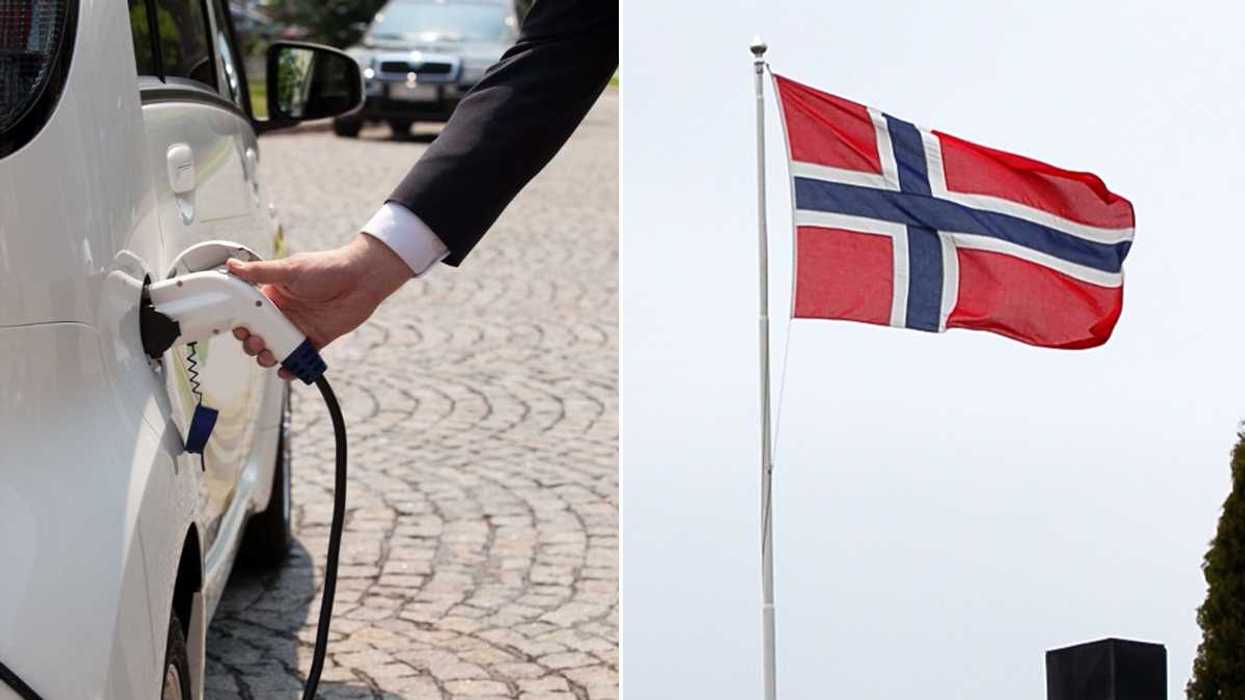Traffic Lights
Despite having only about 300,000 cars, North Korea takes traffic control seriously. It is unique in having four-color traffic lights (the fourth--for turning right-is blue) and in Pyongyang, a corps of female traffic directors-reportedly hand-picked by Kim Jong Il for their beauty-step in during the power outages.
Not so Wired
Don't expect to send or receive too many emails from North Korea-the internet is for the senior elite only. Cell phones are rare, too-even if you're politically trusted enough to have one, call charges of 7.5 cents per minute plus a hefty $825 registration fee put them beyond just about everyone's reach.
Spotty Electricity
At times, Pyongyang operates an "alternate suspension of electricity supply" system, meaning that buildings are blacked out only on one side of each street. Children plan their TV-watching accordingly, rushing across the street to catch the end of a show when the power switches. It's less fun for the elderly, who rarely leave their apartments for fear of being trapped in an elevator with no power. Officially these power (and gas) shortages don't exist; people in Pyongyang walk to work because it's healthy. That's why Sunday is officially a "walking day" with curtailed public transportation, and a "walking campaign" urges students and citizens to pursue bipedal locomotion for "health reasons."
Two Leaders
Portraits of Kim Il Sung and Kim Jong Il are everywhere-in every home, school, workplace, swimming pool, car on the Pyongyang subway, and on the universally worn lapel badges.
Afraid to Leave
As many as 300,000 North Korean refugees may be hiding in China, Why doesn't everyone just leave? The logistics of leaving are not that difficult-the border with China is porous, poorly guarded on the D.P.R.K. side, and 880 miles long. But then there is yongoje, the North Korean policy of "family purging," whereby any individual crime-including fleeing the country-leads to discrimination against the family and close colleagues of the transgressor. Knowing that you can never return, write a letter to your family, or call old friends is too much for many people. They simply put their heads down and survive. Even for those who do leave, life outside the bubble of the D.P.R.K. can be tough-women fall into the Asian sex trade, or are sold as "brides" to single Chinese farmers. Even those that make it to South Korea encounter severe difficulties adjusting. They are rarely prepared for the outside world and suffer from excessively high rates of depression and alcoholism. Yongoje and the Chinese policy of repatriating any Koreans found in China are powerful deterrents. Without them it is quite possible that virtually the entire country would leave, telling the last person to switch off the lights-if the electricity happened to be on that day.
Two Flowers
Like many countries, the D.P.R.K. has a national flower—two, in fact: specially developed orchid-begonia hybrids, the violet-colored Kimilsungia, and the red Kimjongilia. Every year the Korean Kimilsungia-Kimjongilia Committee rewards the gardeners of North Korea who grow the finest examples of these flowers.
Government TV
TV is a government business in North Korea. The primary channel is called D.P.R.K. Central Television, but might as well be called Kim TV-all "news" is positive, all citizens would willingly sacrifice themselves for the leader, the country has never suffered famine or poverty, and Americans are bad people. Don't bother channel surfing-TVs are locked to government frequencies.
















 Otis knew before they did.
Otis knew before they did.